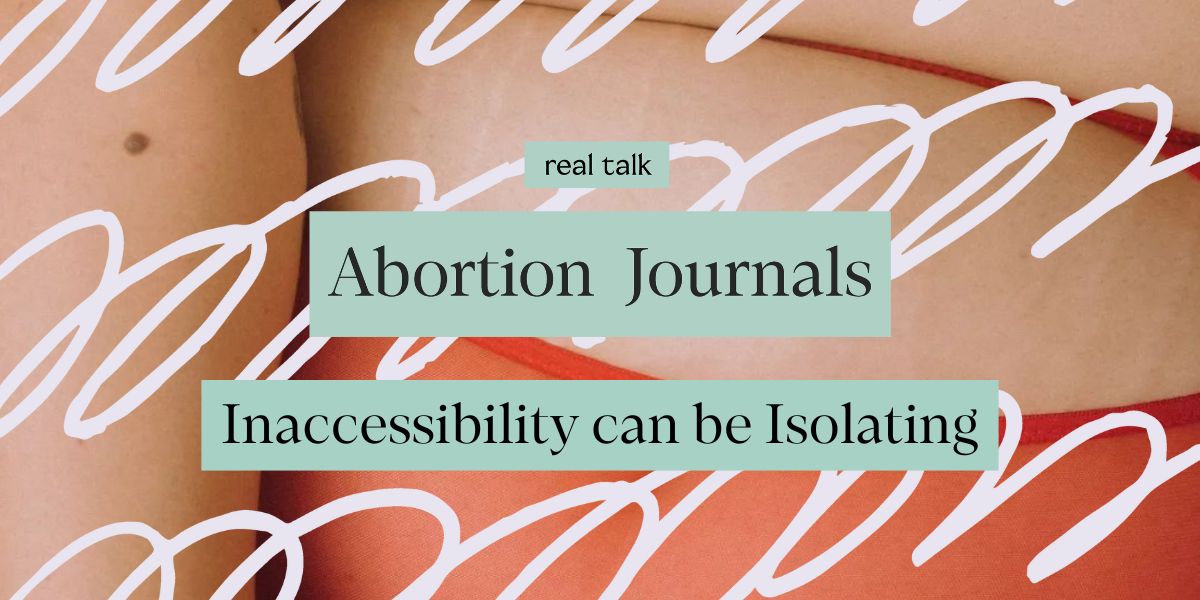How does food affect your mood?

“Hanger” is one of the most apt “words” in the English language.
For those of you unlucky enough to suffer from hanger - that is overwhelming anger stimulated by the feeling of hunger and low blood glucose levels - I honor your pain, and the pain of all those around you when you forget to stash a granola bar in your purse.
It’s clear the lack of food can impact your mood, but what about foods that can impact your mood? Scientists are working to discover the link between certain types of food and our mental health using research from large observational studies. These analyses are helping to find links between foods that both help our ability to cope with external stimulus and some mental illness, and foods that can exacerbate feelings of anxiety and depression.
It’s important to note that it’s impossible to link your diet with a risk of depression, or utilize food as an alternative to doctors recommendations. These findings show possible links, or correlations, between certains foods and outcomes, but are in no way to prove causation.
uti-daily-protection-supplement
Caffeine
I’m a coffee person - I love the smell, I love a cute mug, and more importantly, I love how alive I feel after my first sip. Caffeine is a stimulant found in coffee and some teas, and it can make you feel more awake. If you’ve ever had a shot of espresso, you know the jolt of energy a little boost of caffeine can give you. For some, this energy can cause anxiety-like feelings, such as jitters, a raised heart rate, hyperalertness, sweating or generally feeling on edge. For people who already have a diagnosis of anxiety and already feel very alert at baseline, caffeine can exacerbate some of the symptoms of anxiety. For people with and without pre-existing anxiety, heavy caffeine consumption can cause anxiety, headaches, palpitations and nausea. Tea and coffee with caffeine may also disrupt some important neurotransmitters which include dopamine and gamma-aminobutyric acid (GABA). A shortage of dopamine can cause low motivation and craving for stimulants in people with depression, while a shortage of GBA can increase irritability, restlessness, anxiety and self-criticism.
But caffeine can’t simply be written off as a bad additive. There are a few studies that look at the relationship between caffeine and depression. These studies have shown a protective factor of caffeine for depression, especially when it is found in coffee. One study from 2019 showed that drinking one to four cups of coffee per day reduced the risk of suicidal ideation in women.
A reason caffeine found in coffee shows to be better at counteracting the negative effects of depression compared to tea is due to some of the other components in coffee. Coffee also contains chlorogenic acid, ferulic acid and caffeic acid which can reduce inflammation on nerve cells in the brain. As a depression-reducing caffeinated beverage go, green tea is a strong runner up. Green tea contains folate, which may also help with reducing and mitigating depression.
Processed Sugars
Ah, the perils of a sweet tooth. Besides that constant urge to reach for the cookie jar, you may have heard about the concept of the “sugar rush.” For those of us who turn to the midday soda or candy bar for a little extra burst of energy you know that after the sugar rush comes the sugar crash. While the initial rush may feel fun and productive, recent research indicates that sugary treats have no positive impact on one’s mood, and that over time sugar may actually have the opposite effect. One study shows that consuming a sugar-rich diet can increase the change of mood disorders in men, and recurrent mood disorders in men and women. A more recent study found that consuming saturated fats and added sugars were related to higher feelings of anxiety in older adults over 60.
Stress eating sugar might actually do more harm than good for dealing with the actual stress. Sugar helps you feel less all over the place by suppressing the hypothalamic pituitary adrenal axis in your brain, an area responsible for navigating and processing stress. While this helps you feel better in the moment, it can get you addicted to sugar and processed foods, which could lead to conditions such as obesity or diabetes. There are also some studies that link diets high in sugar with depression. A 2017 study found that men who consumed 67 or more grams of sugar in a day were 23% more likely to receive a diagnosis of clinical depression within 5 years. While this study focused on men, the link is also found in women.
Mood Boosters
When your body is filled with key nutrients, there’s a better chance you’ll be in a good mood. Studies have shown there’s some things we can do to stabilize our moods, including some foods we can eat to give us a nutritional and mood booster.
-
Omega 3 Fatty Acids: A recent study shows that consuming fish, a food high in omega 3 fatty acids is linked to better mental health. Another study linked to low levels of omega-3’s n breast milk to be linked to postpartum depression. Don’t like fish? You can eat flaxseeds, canola oil, cauliflower, red kidney beans and broccoli as another source of omega-3 fatty acids.
-
Selenium-rich foods: Five studies have shown low selenium intake is linked with poorer mood. Researchers believe this is because the brain metabolizes selenium differently from other organs, and will retain selenium if it’s low in the body. This suggests the brain’s quest to hoard selenium means it’s important to brain functioning. Some selenium-rich foods include organ meats, Brazil nuts, oysters, albacore tuna, pastas, chicken, whole wheat bread and eggs, to name a few.
-
Folic acid (folate): Low amounts of folic acid in our diets can cause lower levels of serotonin, a mood boosting hormone, in our brain. Some folate rich foods include spinach, lentils, black beans, broccoli, asparagus, beets, Brussel sprouts and tofu.
It’s clear that researchers are still figuring out exactly how certain foods impact a person's mood and their anxious or depressive feeling. If you’re worried about how your diet may be impacting your mood, you could start by tracking your food intake with your feelings, or you could talk with your doctor for tips on how to scale back to get to the root cause of your symptoms.
Keep Reading

Navigating birth control and sexual health in a larger body
Apr 23

In My Words: The power of shooting your shot
Apr 18

What's going on with the Arizona abortion ban from 1864?
Apr 11










